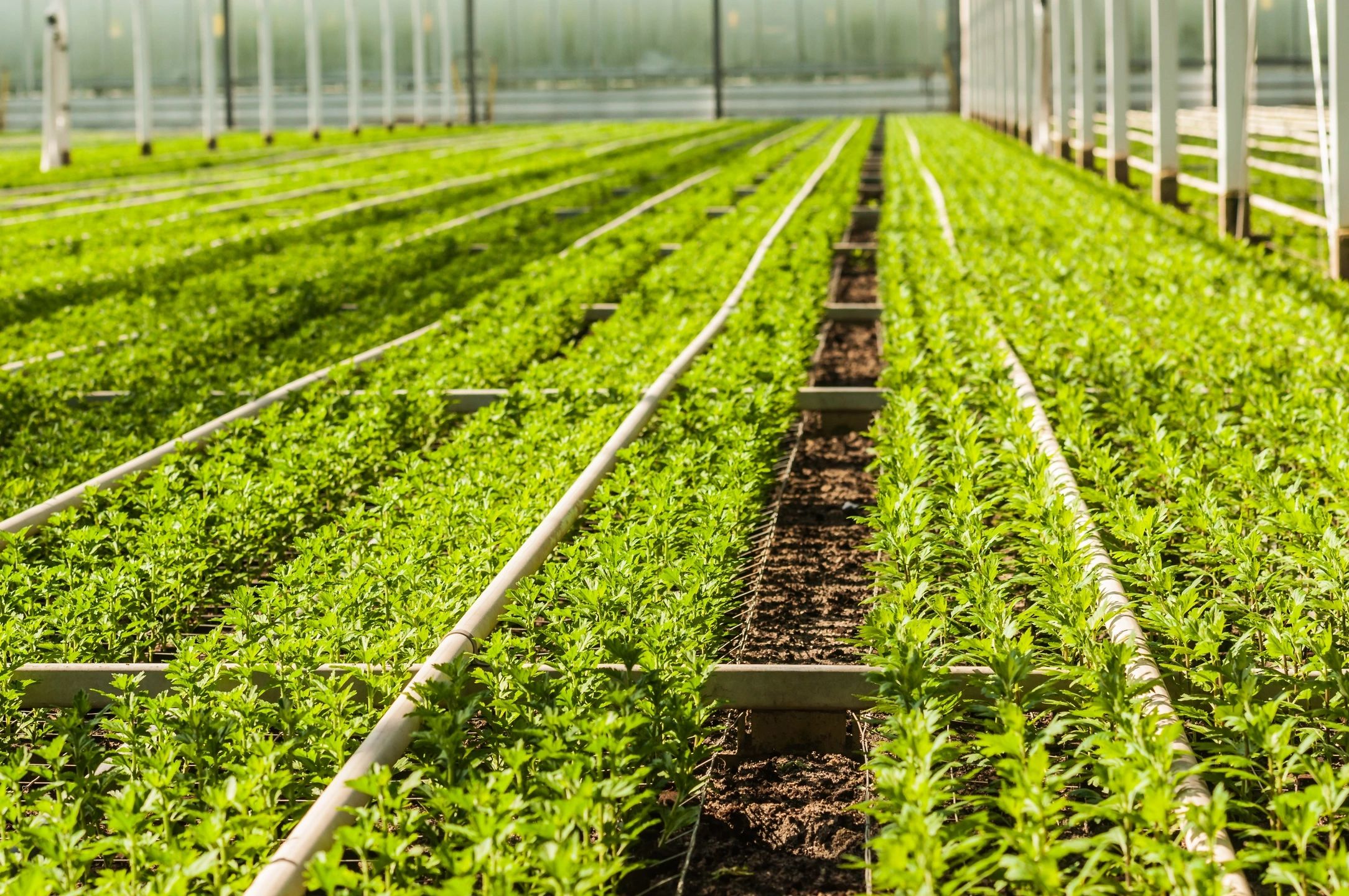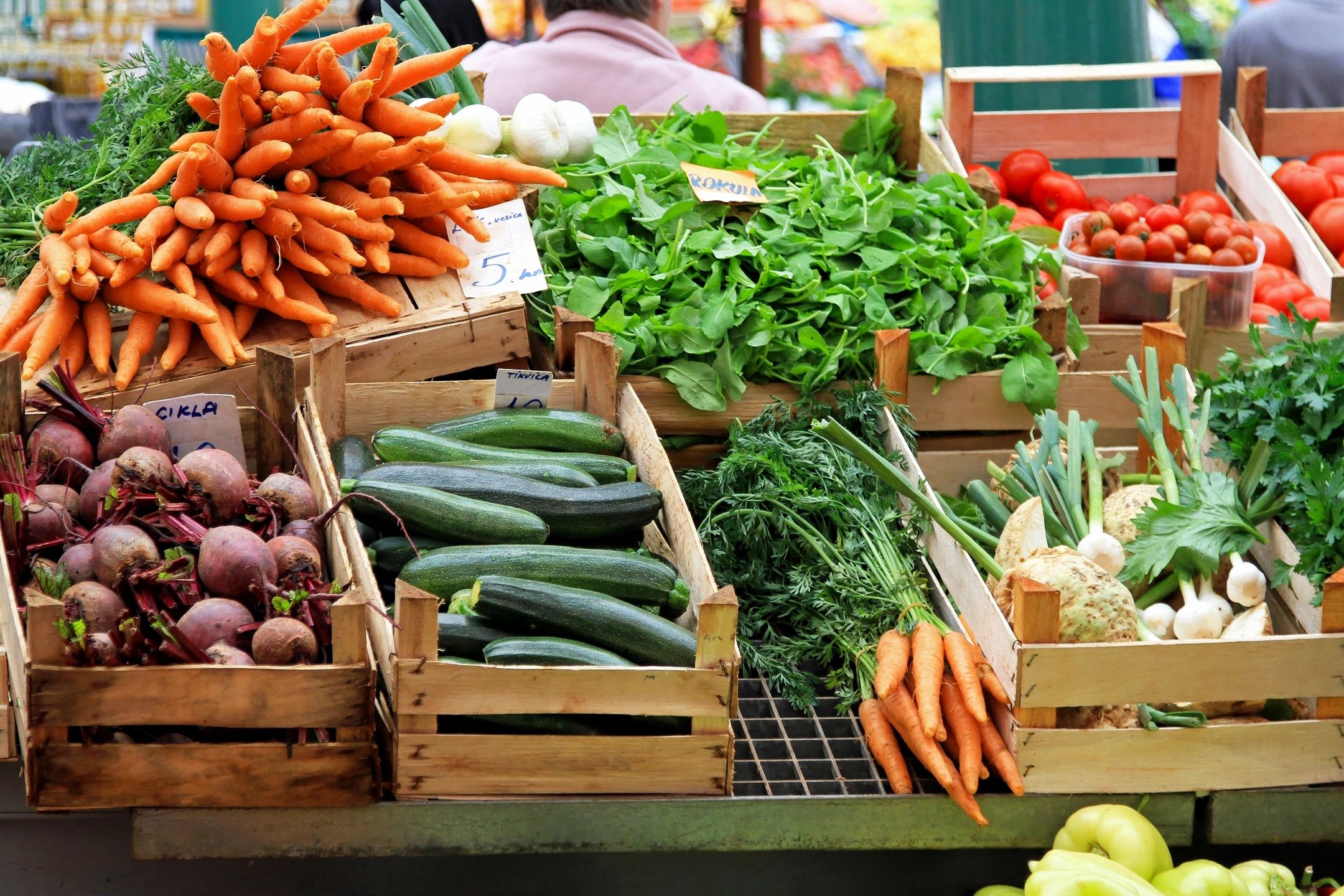Introduction
In an era where health and wellness are at the forefront of consumer priorities, the source of our food plays a pivotal role in our overall well-being. Locally grown, farm-fresh produce offers numerous benefits that extend beyond mere freshness. From enhanced nutrient density to reduced chemical exposure, embracing local produce can significantly contribute to a healthier lifestyle.
Nutrient Density: Fresher Means More Nutrients
One of the primary advantages of consuming locally sourced produce is its superior nutrient content. Fruits and vegetables begin to lose nutrients immediately after harvest. By choosing local produce, which reaches consumers shortly after being picked, individuals can benefit from higher levels of essential vitamins and minerals. For instance, key nutrients like potassium, magnesium, phosphorus, and vitamins A and C are found in higher concentrations in freshly harvested produce. Additionally, antioxidants and polyphenols, known for their health-promoting properties, are more abundant in fresh fruits and vegetables.
Moreover, local farms often cultivate a diverse array of produce varieties, including heirloom and indigenous crops, which can offer unique nutrient profiles. This diversity not only enriches the diet but also introduces a broader spectrum of nutrients that might be absent from conventionally grown, mass-produced varieties.
Reduced Chemical Exposure: Fewer Pesticides, Greater Health
Concerns about pesticide residues in food have been growing, given their potential links to various health issues. A systematic review highlighted consistent associations between chronic pesticide exposure and non-communicable diseases, including cancer and neurological disorders. By opting for locally grown produce, especially from farms that prioritize organic or sustainable practices, consumers can reduce their exposure to these harmful chemicals.
Furthermore, certain pesticides have been linked to developmental issues. For example, exposure to specific pesticides during pregnancy has been associated with a higher risk of autism spectrum disorders in children. citeturn0news16 Choosing local produce from farms that use minimal or no pesticides can be a proactive step in safeguarding one’s health and that of future generations.
Aligning with Health-Conscious Values
Health-conscious consumers often seek to make choices that align with their values, including environmental sustainability and community support. Purchasing locally grown produce supports local farmers and reduces the carbon footprint associated with long-distance food transportation. Local foods require less energy to store and transport, possibly reducing greenhouse gas emissions. This practice not only fosters community resilience but also contributes to a more sustainable food system, resonating with the holistic health perspectives of many consumers.
Additionally, engaging with local food systems can promote physical activity and social interaction. Activities such as visiting farmers’ markets, participating in community-supported agriculture (CSA), or even cultivating a personal garden can enhance physical well-being and provide opportunities for community engagement. These interactions can lead to improved mental health and a greater sense of connection to one’s food sources.
Seasonal Eating: Embracing Nature’s Rhythms
Consuming locally grown produce often means eating seasonally, which can have additional health benefits. Seasonal produce is typically harvested at its peak ripeness, ensuring optimal flavor and nutrient content. Eating seasonally adds variety to the diet, which can reduce cancer risks and promote overall health by ensuring a diverse intake of vitamins and minerals. citeturn0news14 Furthermore, aligning one’s diet with the natural growing seasons can foster a deeper connection to the environment and an appreciation for the rhythms of nature.
Conclusion
Incorporating locally grown, farm-fresh produce into one’s diet offers a multitude of health benefits, from enhanced nutrient intake to reduced chemical exposure. Beyond personal health, choosing local produce supports environmental sustainability, bolsters local economies, and aligns with the values of health-conscious individuals. By making informed choices about the sources of our food, we not only nourish our bodies but also contribute to the well-being of our communities and the planet.
References
Verywell Health. (2023). The health benefits of seasonal eating. https://www.verywellhealth.com/health-benefits-of-seasonal-eating-7973496UNH Extension. (2022). The health benefits of eating locally. https://extension.unh.edu/blog/2022/05/health-benefits-eating-locally
Vertical Field. (n.d.). Five reasons that local produce is healthier. https://www.verticalfield.com/five-reasons-that-local-produce-is-healthier
PMC. (2023). Pesticides and health risks. https://www.ncbi.nlm.nih.gov/pmc/articles/PMC11664077
Time Magazine. (2019). Pesticide exposure and autism. https://time.com/5555300/pesticide-exposure-autism
Wikipedia. (n.d.). Local food. https://en.wikipedia.org/wiki/Local_food



